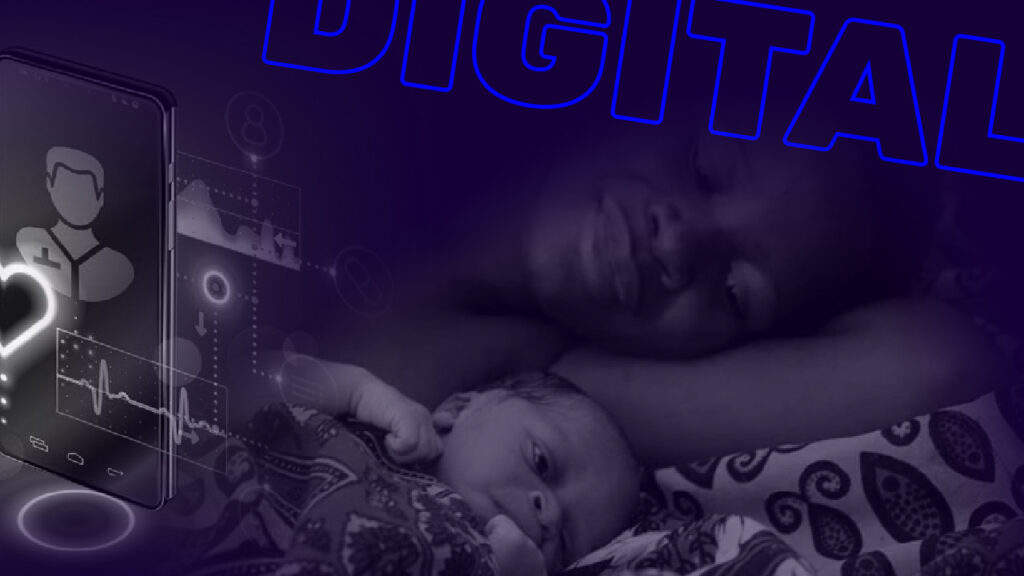Nigeria’s digital health revolution holds the power to save lives but only if it truly works for everyone. At ACE Strategy & Consults, we are bridging the gap between innovation and inclusion to ensure no mother is left behind.
Every single day in Nigeria, 145 women lose their lives to pregnancy-related complications, a devastating toll that makes the country second only to South Sudan globally, according to the World Health Organization’s 2023 report. Maternal conditions account for over 22% of all deaths among women of reproductive age, underscoring a persistent public health crisis.
Yet, this tragedy unfolds against a backdrop of digital promise. Nigeria is projected to have more than 140 million smartphone users by 2025, representing over 60% population penetration. Health technology is booming, from AI-powered diagnostic tools to telemedicine platforms and real-time monitoring systems that could transform maternal care. But amid this innovation surge, a critical question arises: Will digital health bridge the maternal care gap or deepen it?
Where Innovation Meets Inequality
For women in cities like Lagos or Abuja, healthcare is increasingly just a tap away; book a consultation, check your vitals, get a digital prescription.
But in rural Katsina or Gombe, many mothers still walk miles to reach clinics that lack electricity, internet access, and sometimes even midwives.
This is the heart of Nigeria’s digital divide, what experts now call the “digital determinants of health.”
A woman’s chance of surviving childbirth shouldn’t depend on whether she can afford a smartphone, have network coverage, or understand how to use a health app. Yet for many, that’s the new reality.
At ACE Strategy & Consults, we believe technology should not be a privilege; it should be a pathway to equity. Every innovation must serve the women who need it most, not just those who can afford it.
How ACE is Closing the Gap
Through our strategic advisory and communications expertise, ACE has helped partners and government agencies turn policies into actionable, people-centered outcomes. Our projects focus on:
- Strengthening data-driven decision-making: supporting digital health architecture and surveillance systems that enable real-time maternal mortality tracking and informed interventions.
- Driving inclusive health campaigns: designing multimedia advocacy that ensures rural voices and vulnerable women are not left behind in the digital transition.
- Building awareness and capacity: engaging health workers, policymakers, and communities through tailored communication strategies that simplify complex innovations for everyday use.
- Amplifying impact through storytelling: using our storytelling and media capabilities to spotlight successful maternal and child health interventions and inspire broader adoption.
ACE’s contribution aligns with Nigeria’s Federal Digital Health Strategy and supports the broader global commitment to universal health coverage. By combining research, communications, and implementation of insights, we help make digital health systems more inclusive, more human, and more effective.
A Call to Action
The digital transformation of Nigeria’s health system presents a historic opportunity, but only if it works for everyone. As data becomes the heartbeat of health innovation, we must ensure that the technology designed to save lives does not exclude the women who need it most.
At ACE, we are committed to bridging that divide, one story, one system, one partnership at a time.
We invite governments, donors, philanthropy organizations and development partners to collaborate with us in scaling inclusive, technology-enabled solutions that ensure every Nigerian mother not only survives childbirth but thrives beyond it.
Because every mother deserves more than survival, she deserves a digital lifeline.

